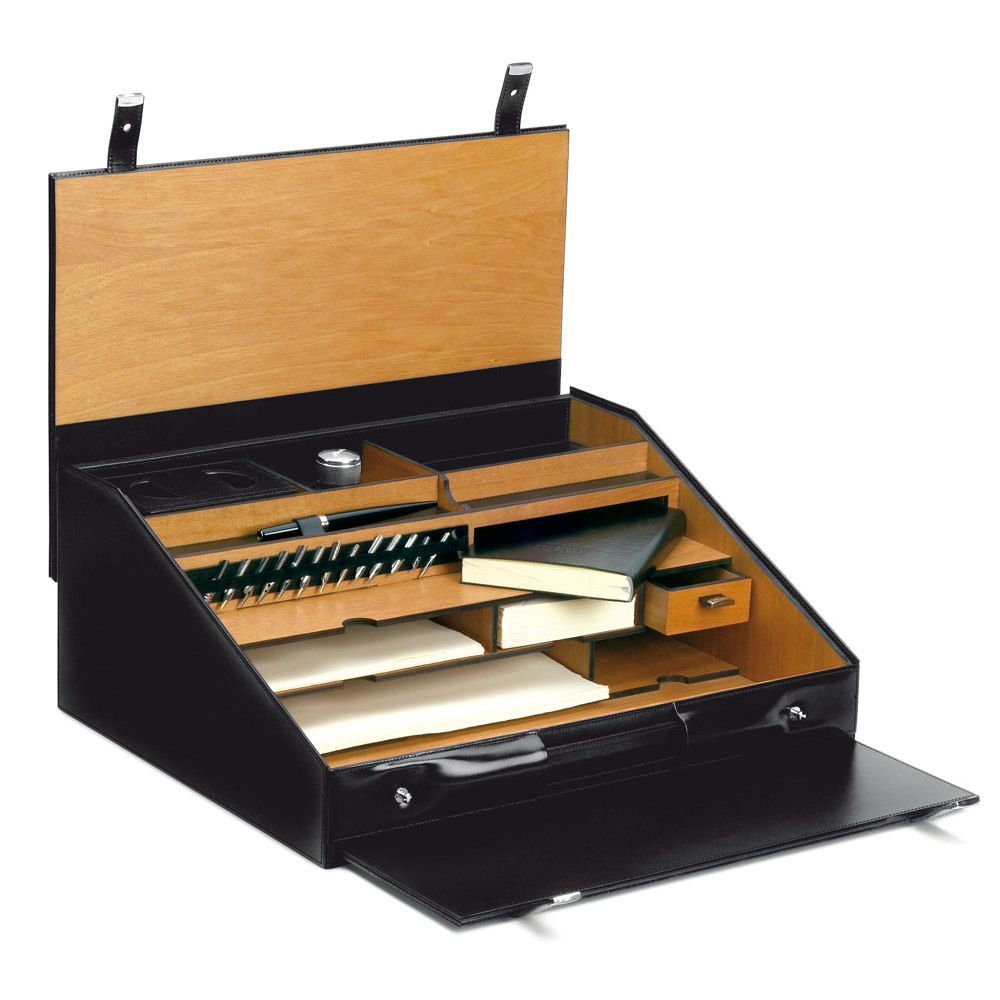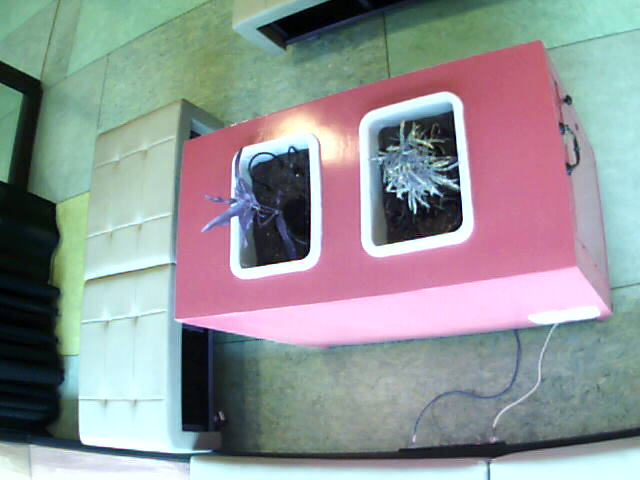
I now have a Diaspora account, so I figure it’s time to revisit my thoughts about it. Last time I mentioned Diaspora, it was just a kick starter project. A sketch of an idea, but nothing else. Now there’s something to actually look at an interact with.
Diaspora isn’t fun. While it may be a work in progress, it has squandered a lot of momentum, and certain things are just the kind of mistakes you’d expect from four (now three) undergrads with no experience with Internet scale. First, it is incredibly hard to find anyone. Search is slow, and it only return less than 10 hits, with no ability to move beyond the first page of results. If you want to invite your friends, you can either use Facebook, or manually upload your address book one email address at a time. That’s just horrible. It advertises integration with other services (namely Twitter and Facebook) but with the exception of Facebook, it doesn’t access the address book.
Second, while you can follow tags, almost every tag is content free. Why? The first post every account is encouraged to send is, “Hey! I’m #newhere and am interested in #foo, #bar, and #baz!” And so every tag is filled with these #newhere posts. While a welcome-a-total-stranger post may have sounded like a good idea when you have low tens of users, it is obvious this can’t scale, especially when you’re trying to attract many new users.
Third, the stream only supports two types of content: text and pictures. Want to share a link? You can’t. I don’t know quite what to say about that. It’s just weird.
Since I have literally two connections on Diaspora it’s very hard to get anything out of it. Especially since the community features (i.e. tag following) is broken, and quite honesty even when you scroll through 20 #newhere posts just to find one piece of actual content, the content is rather crappy. I don’t blame Diaspora for that though. I blame the Internet.






